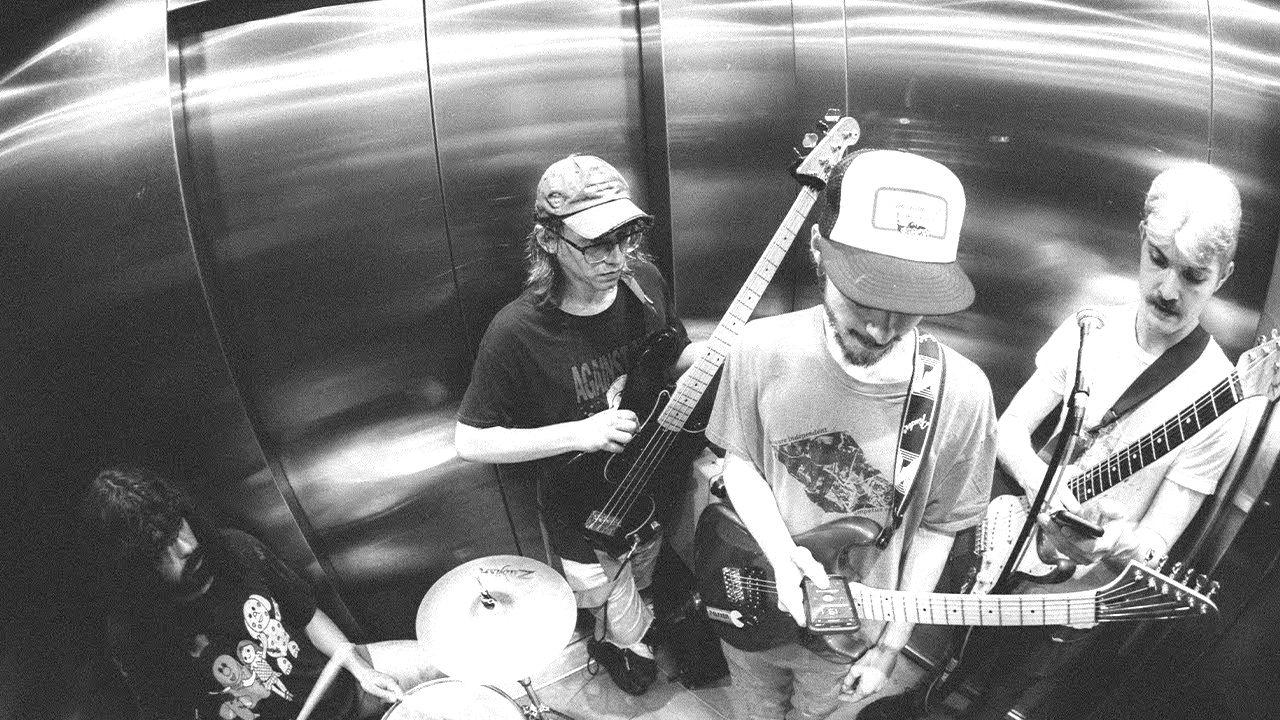

Mechanical Canine
Follow Your Favorite Band Today!
Top Mechanical Canine Community Posts
Story of Mechanical Canine
A House of Troubles: Mechanical Canine's "To My Chagrin"
James Walsh's new home is a metaphor for his life, a crumbling edifice mirroring the anxieties and doubts that plague him. The house, like his inner world, is riddled with problems. A neglected foundation, a failing retaining wall, and a persistent leak causing ceiling damage symbolize the challenges he faces. And then there are the rats, unexpected and unwelcome intruders that further add to the chaos.
This tumultuous state of affairs is reflected in Mechanical Canine's third album, "To My Chagrin," a sonic exploration of Walsh's internal landscape. Following the indie-punk of "Good Photography" and the raw energy of "Walls Covered In Mildew," "To My Chagrin" marks a further refinement of their sound.
The album explodes with a flurry of 13 tracks crammed into a mere 23 minutes. Short, incisive bursts of thought, lasting only 30 seconds, jostle with full-blown punk anthems that pack multiple ideas into their two-minute frameworks. Expect unexpected turns, jarring shifts, and a complete lack of predictability.
This wild sonic journey mirrors Walsh's chaotic inner state. In the lead single, "Mechanical Canine Saves Emo," he confesses, "Reality sank my realized dreams / And it could sink me / I’m barely treading." This raw vulnerability echoes throughout the album, showcasing the struggles of a chronic overthinker wrestling with self-doubt and defeat.
Even Walsh's attempts at self-encouragement ring with a dose of cynicism, tinged with a lack of faith in the very affirmations he's trying to embrace.
The album concludes with the five-minute "Watercourse," where Walsh returns to his house analogy, proclaiming, "We live with these walls, and I love what’s between them." But after a barrage of anxieties and struggles, it's hard to take this declaration at face value. Walsh is clinging to hope, desperately trying to pull himself out of the mire, but his conviction remains questionable.
Mechanical Canine's "To My Chagrin" showcases their distinctive sonic identity, a blend of frenetic energy, explorative experimentation, and a healthy dose of quirky punk. Through these chaotic soundscapes, they expose the darkest corners of Walsh's mind, revealing a raw, sometimes unsettling portrait of his inner demons. It's a glimpse into a tumultuous world, where even the rats are unwelcome reminders of the struggle for self-redemption.
Frequently Asked Questions
Bands you may like
More Rock Bands
Discover more bands in the Rock genre and explore the diverse sounds that define this musical style.
Browse All Rock BandsMore Bands from United States
Discover the rich musical heritage of United States and explore bands that represent the country's unique sound and culture.
Browse All United States Bands